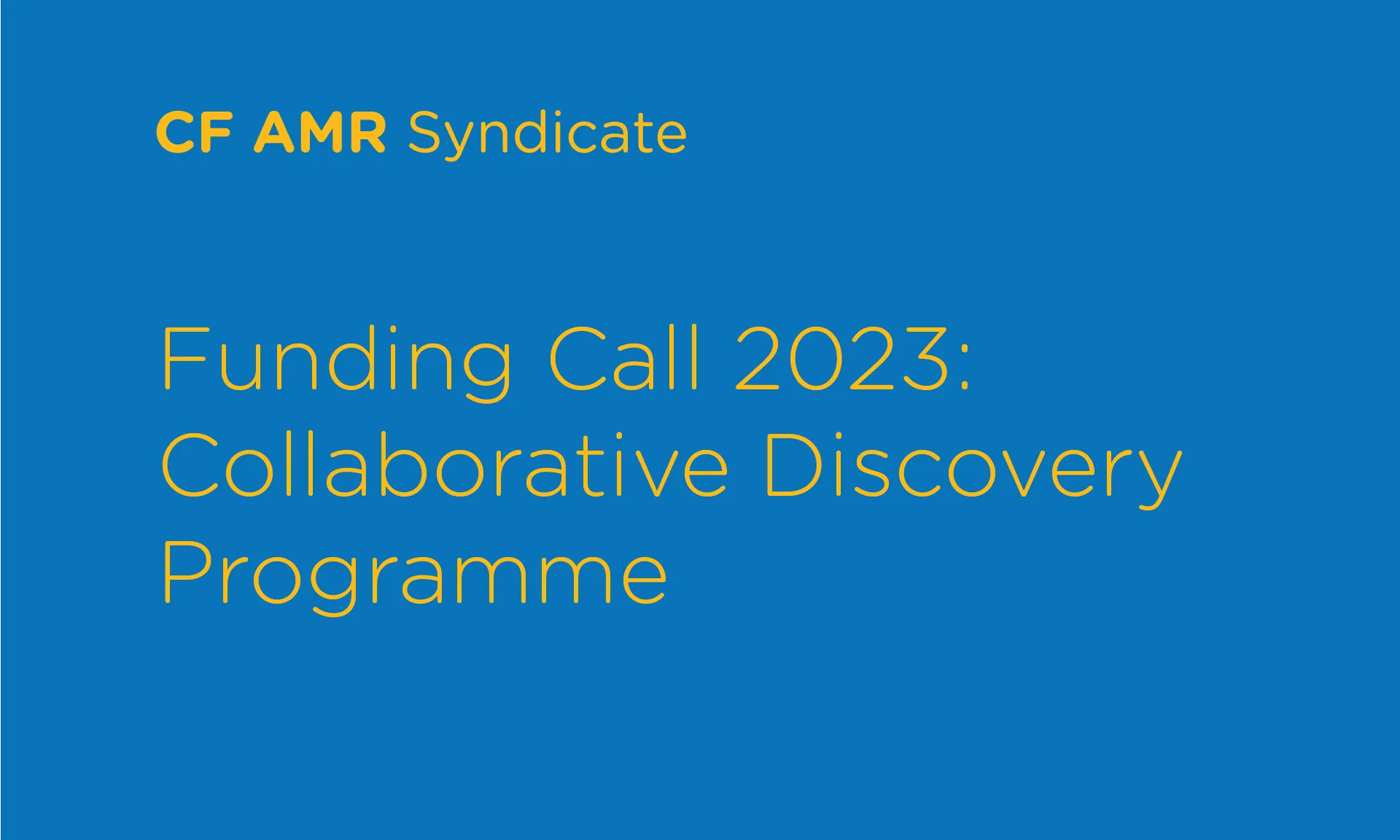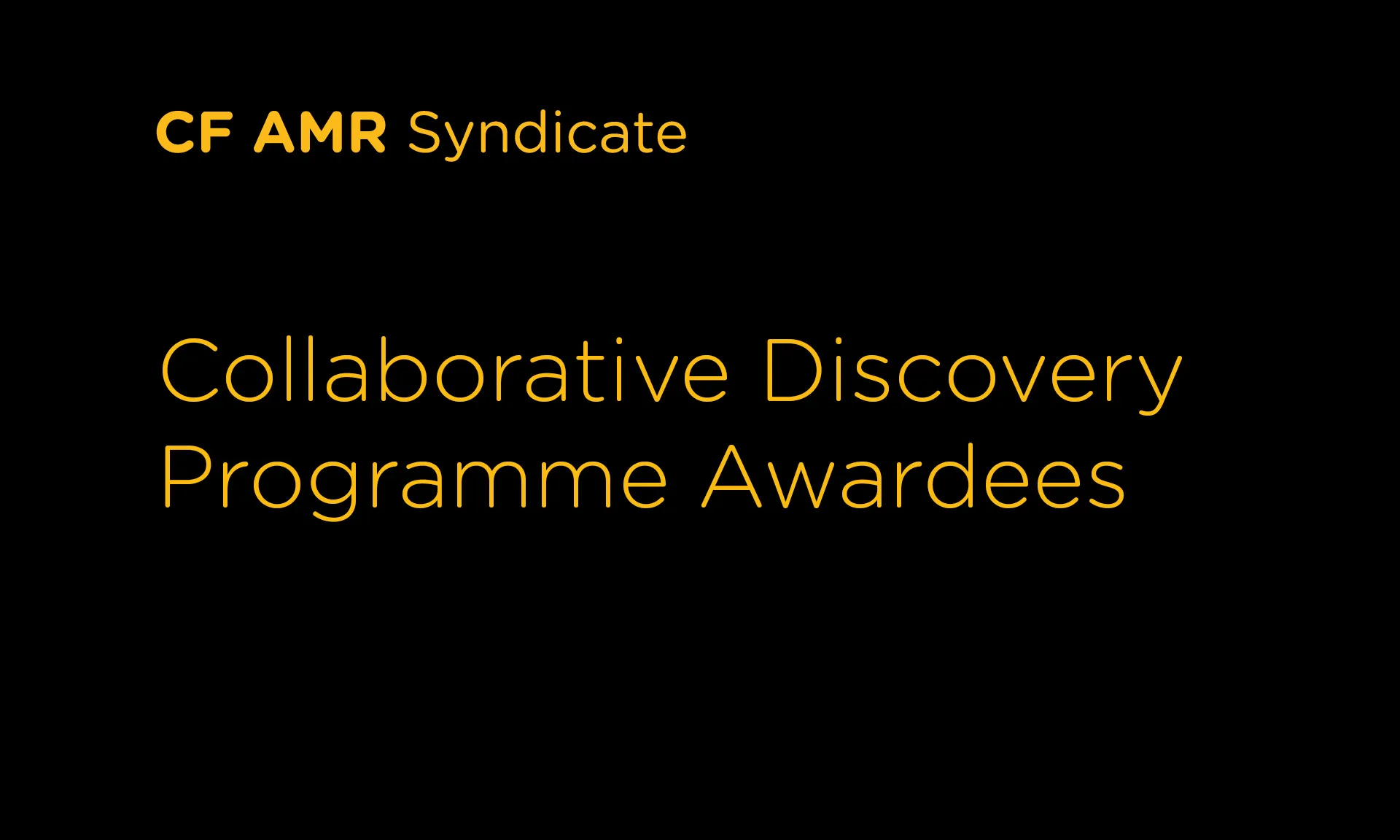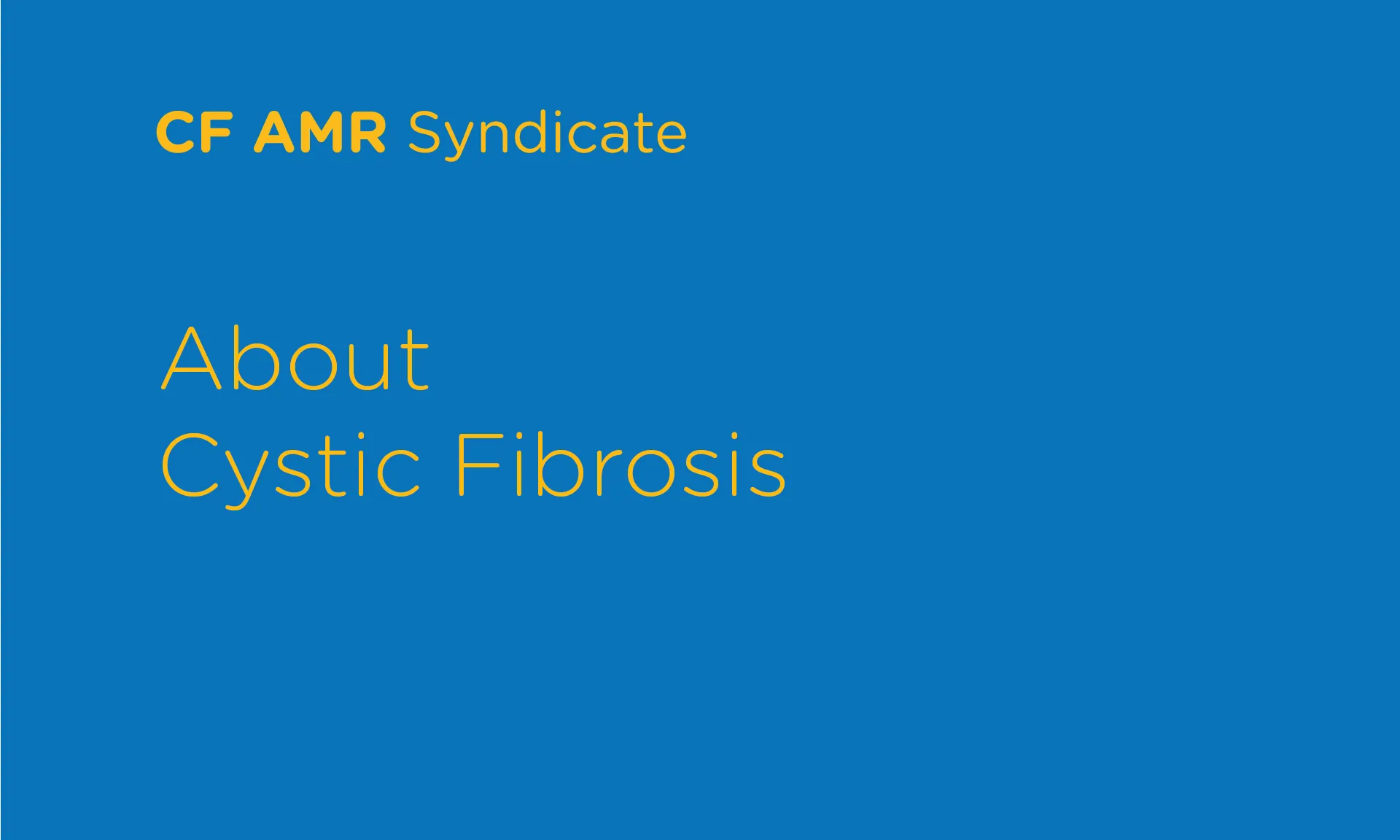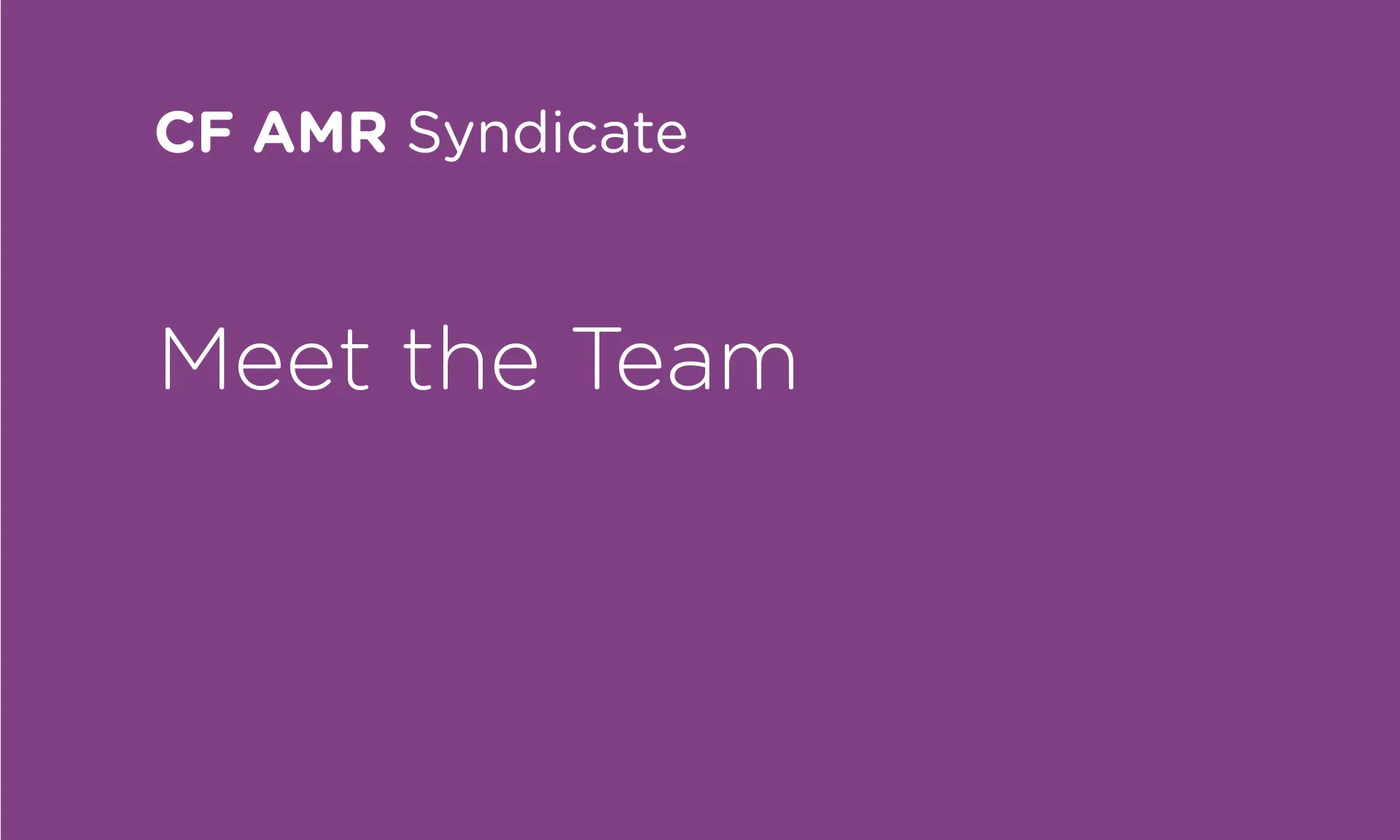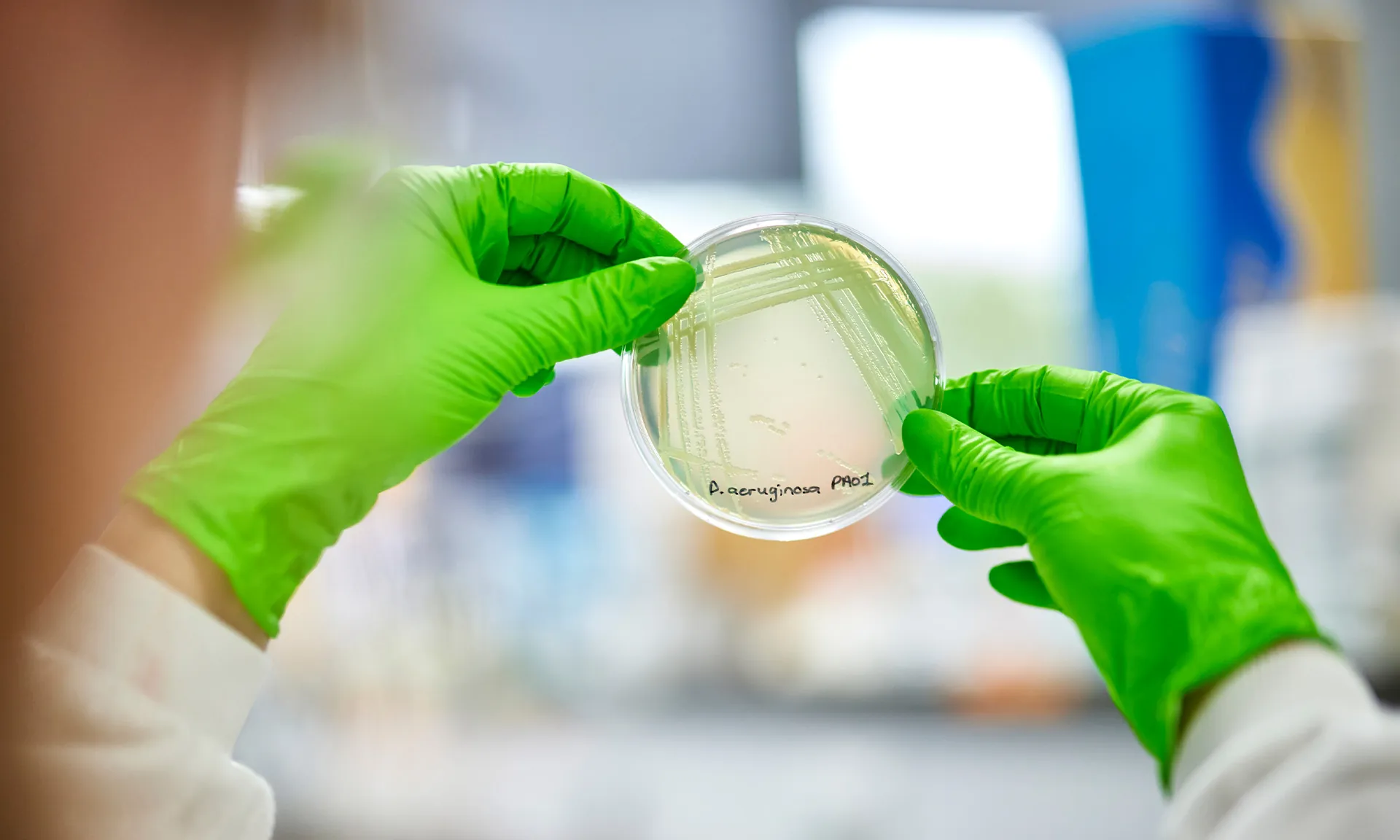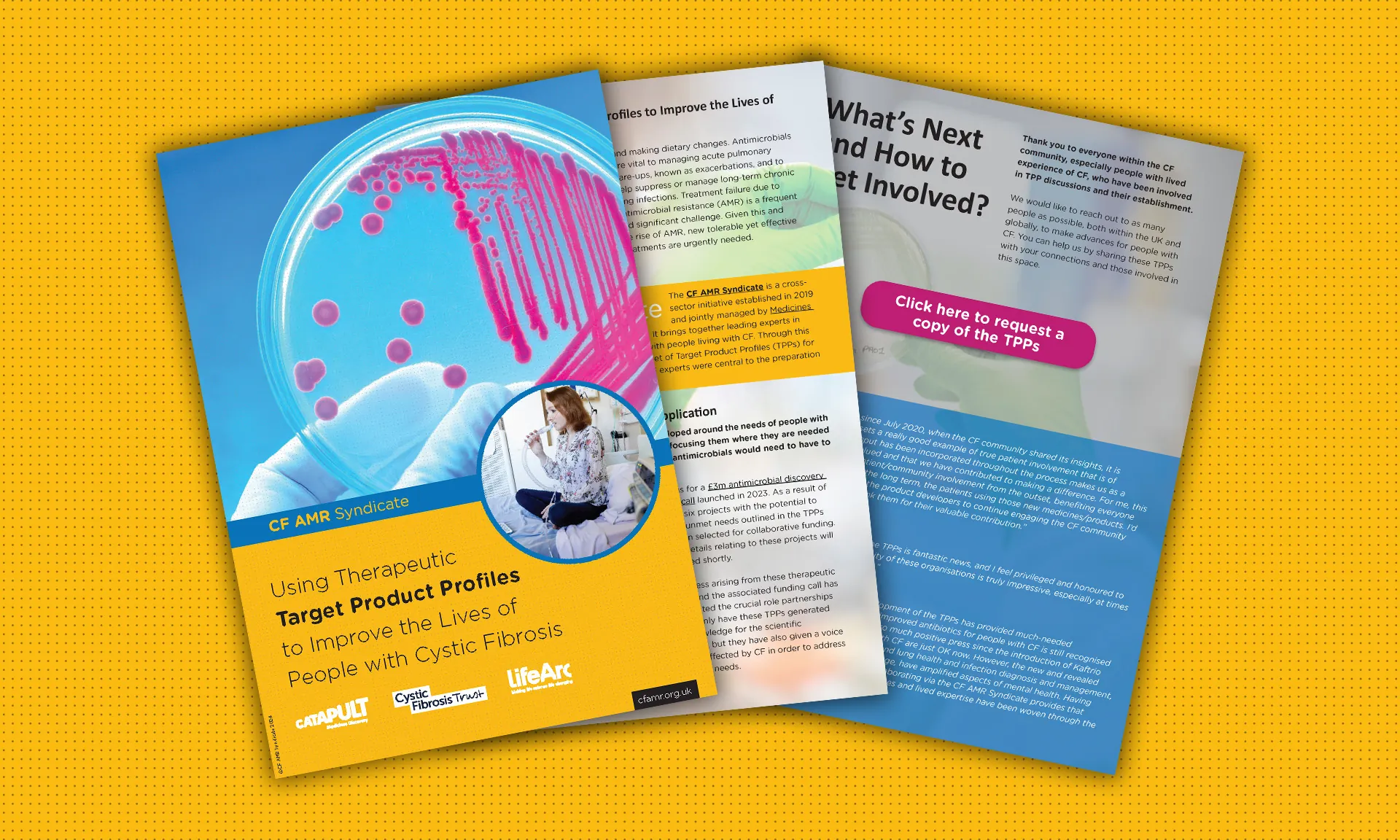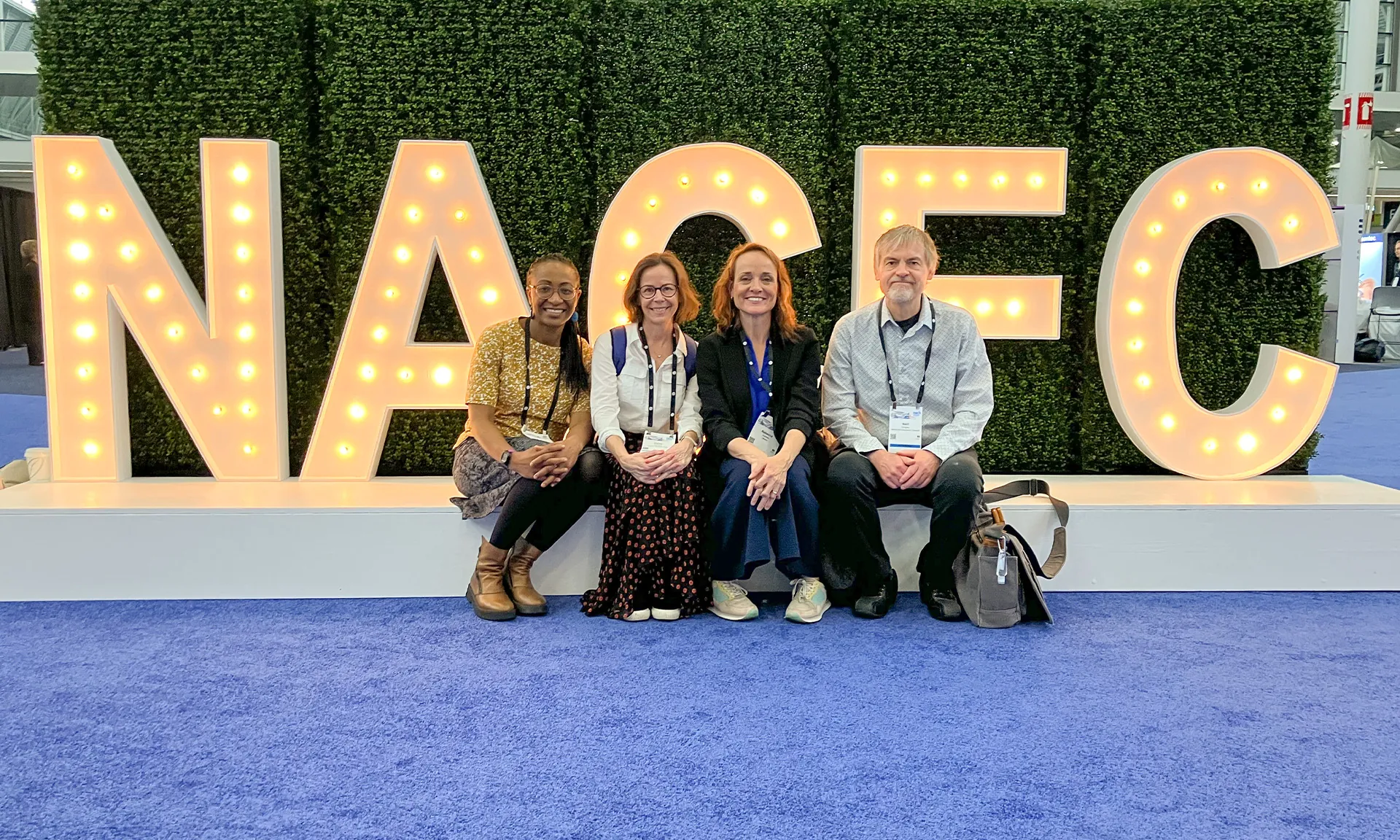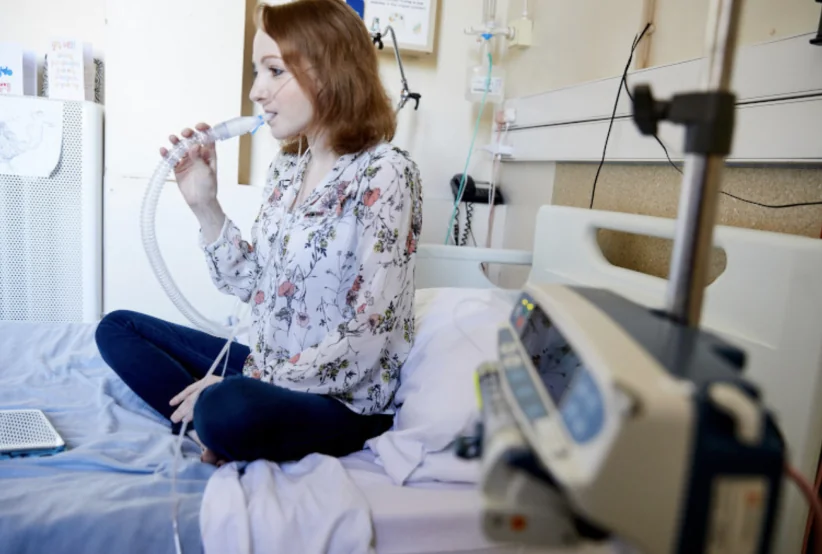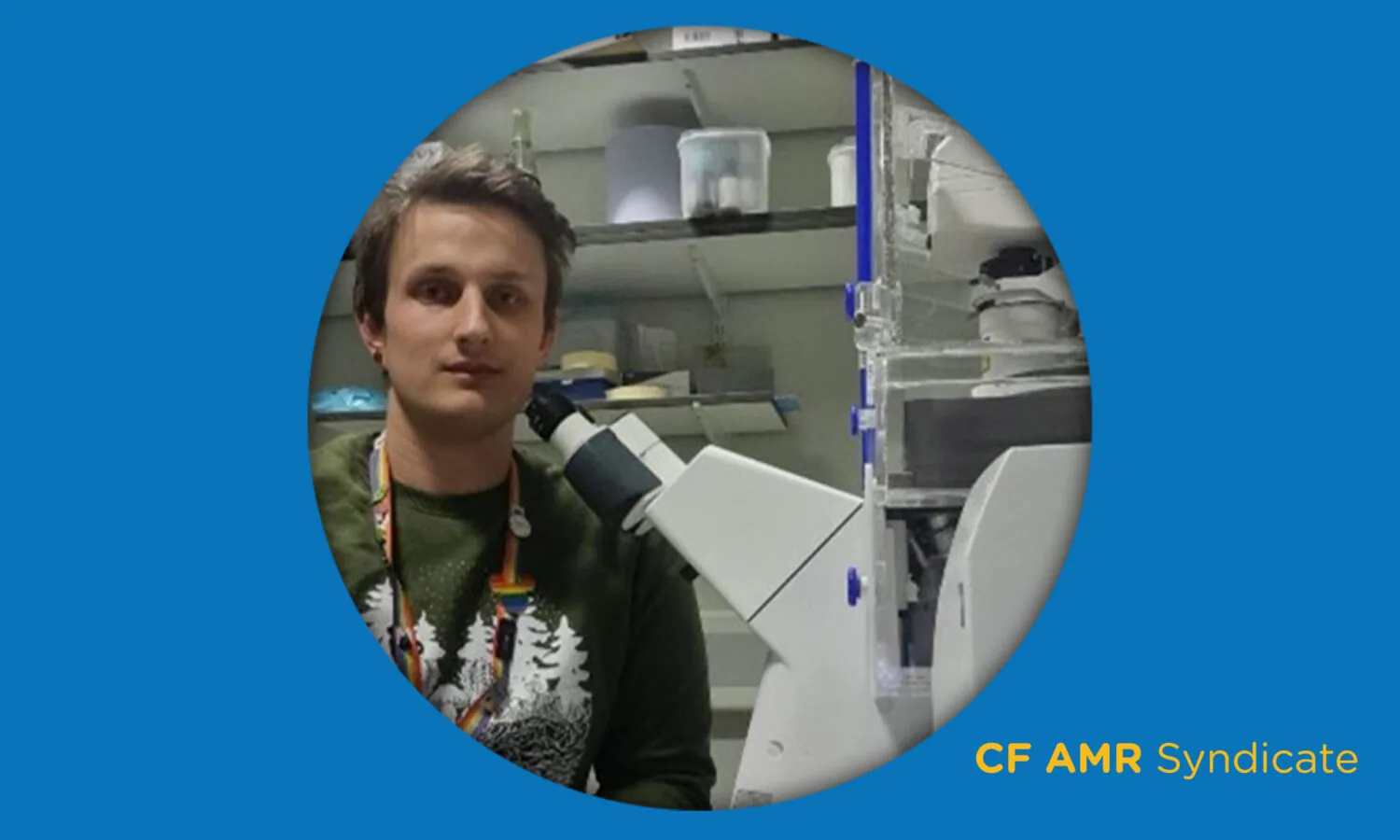Building polymicrobial biofilm models with Brogan Richards, a PhD candidate based at The University of Nottingham. This research is focused on developing polymicrobial pre-clinical models of CF lung infections. Brogan is working closely with Dr Jo Fothergill on PIPE-CF, an SRC co-funded by the Cystic Fibrosis Trust and Cystic Fibrosis Foundation. We caught up with Brogan to find out more about his research.
Can you tell us a little about the focus of your research? What are the challenges are you trying to address?
My project is about generating a polymicrobial biofilm model that resembles those seen in the CF lung. This in combination with the other PIPE-CF PhD students will create a more specific group of pre-clinical models that will hopefully increase the number of antimicrobials reaching the clinical testing stage.
What might the implications of your research be on the management of infections in people with CF?
My research would hopefully result in increased control of CF infections as well as reducing the number of CF patients taking ineffective antibiotics. This research would also hopefully increase the chances of new and improved antimicrobials making it into the clinics.
How important is collaboration in your work? Are there any areas of research in particular that you’re looking to collaborate in?
Collaboration plays a major role in my role. My PhD is half of a project in collaboration with Hollie Leighton looking at developing a polymicrobial biofilm model and our joint project is just one piece of the puzzle in collaboration with PIPE-CF PhD students and labs across the world. All these pieces together will hopeful improve and increase standardisation of the whole pre-clinical pipeline for testing existing and novel antimicrobials related to CF. I love being involved in cutting edge research and if I could help someone or they could help me then I would love to collaborate.
How did you get into CF antimicrobial research, and why do you find it so interesting?
I have always had a passion for bacteriology and antimicrobial resistance and the way bacteria always seem to have the advantage. In regard to CF, there is so much research being carried out and yet so much more is needed to ensure that CF patients get the best care and best outcomes. I especially have an interest in developing new models of CF which currently does not reflect the same level of advancements as other areas of CF research. CF also adds an extra layer of complexity in the field of AMR which results in a high rate of antibiotic failure and a lack of standardisation in the antimicrobial pipeline which I feel passionate about improving.
Research wise, what are your next steps?
The next big step in my project is to hopefully add additional complexity to my model and increase the utility and clinical relevance. Hopefully alongside this I can look into what makes my bacteria tick. I am always looking for new and interesting ideas in this field and so if anyone wants to talk science please get in touch.

